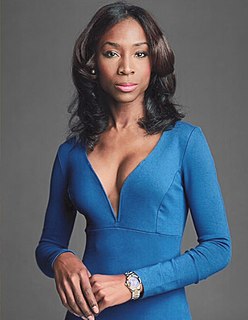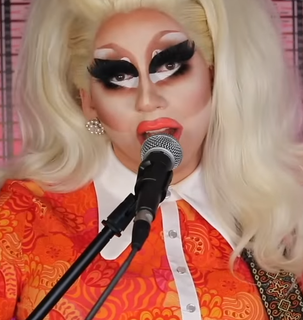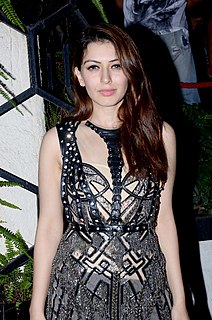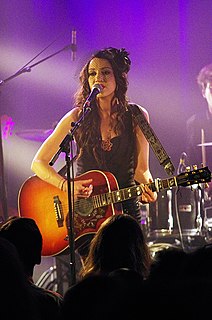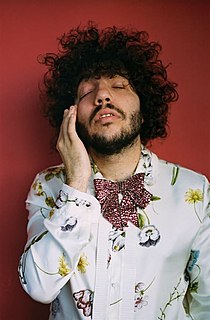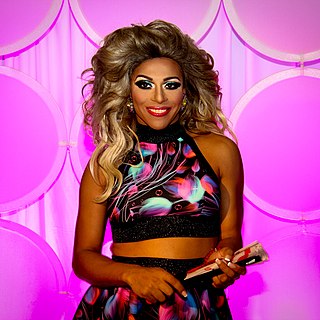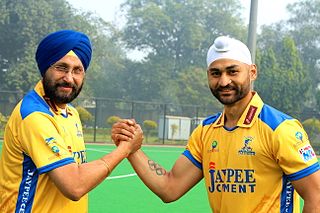A Quote by Angelica Ross
The art of what they call female impersonation, or the drag shows, really helped me to hone what type of woman I was.
Related Quotes
The song "This Is Not Surreal," was inspired by a painter I love, Frida Kahlo. She really did suffer for her art. She speaks to me. She was brutally honest in her work. At that time in fine art, you really didn't see many female artists expressing that. She was such a strong female presence, and I really look up to her. She had a lot of physical pain.
Drag queens always base their personas on their favorite female icons. Mine was Barbie, who's not necessarily a human but is as iconic and beautiful as any woman. I started really pushing it because I hit a crossroads of, 'I don't want to look like a woman or a man. I want to look like a wind-up toy, a plaything manufactured in a factory.'
I feel like I am just an entertainer. It does not matter what form I take to perform and entertain. I think I deserve being called a performer because you don't call Tyler Perry a drag queen. You don't call Will Smith a drag queen and all the other mainstream artists who use the aesthetic of drag to entertain.
